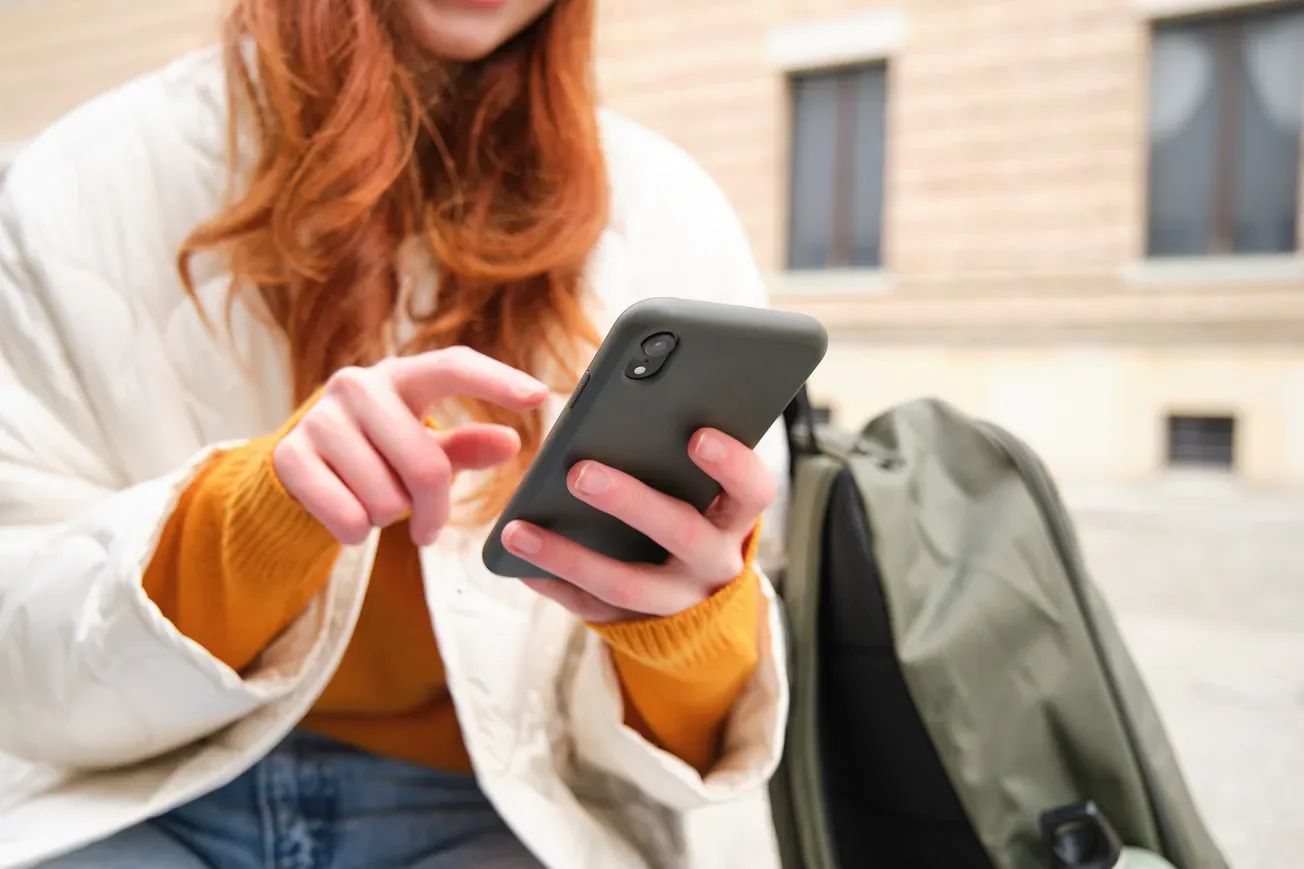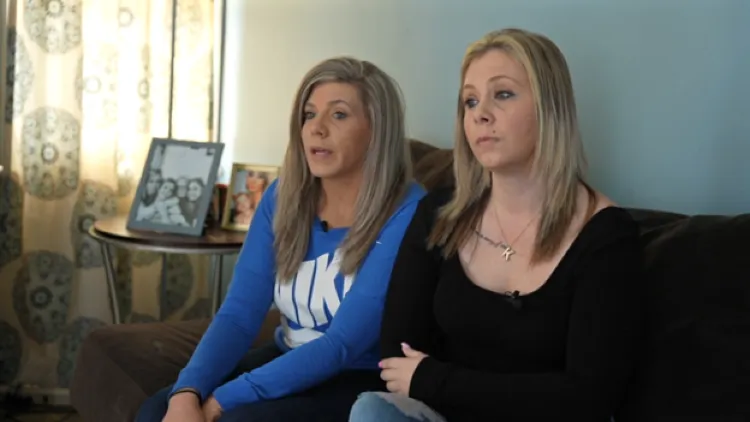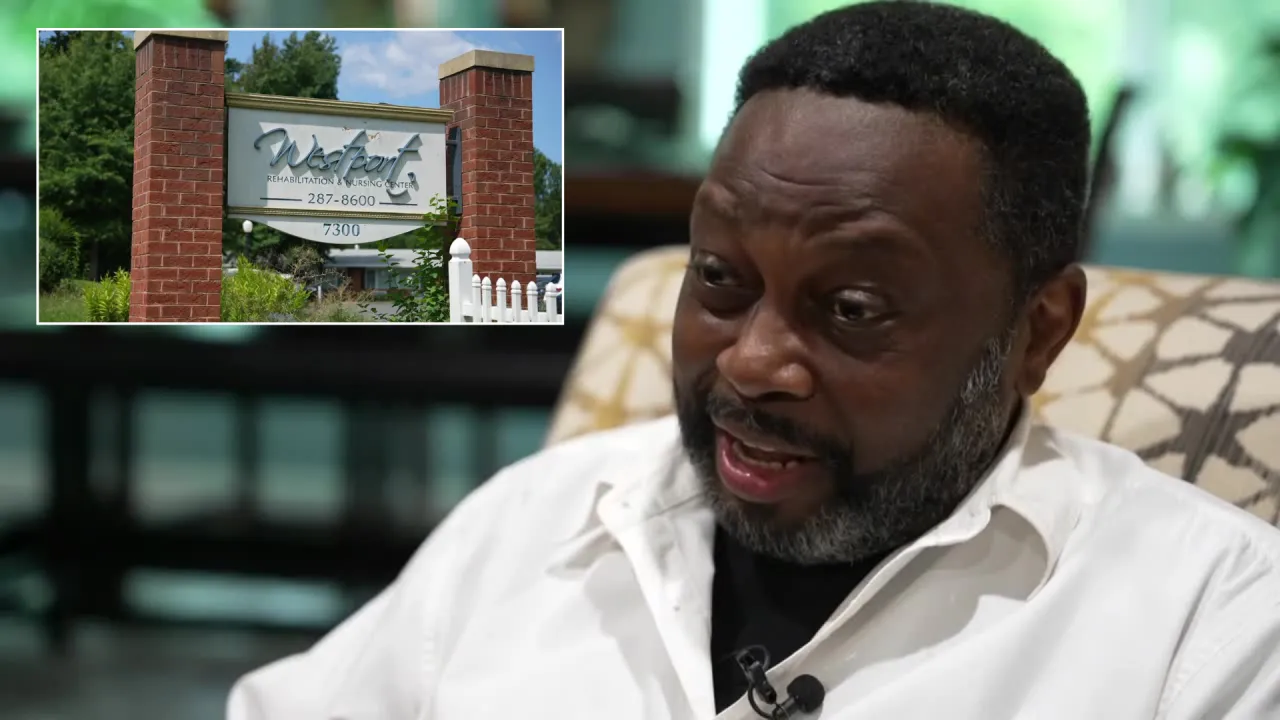Virginia Screen-Free Week encourages you to unplug for a bit
Lawmakers at various levels of government are working to address screen time’s effect on youth education and health

Table of Contents
Gov. Glenn Youngkin dubbed April 14-19 Virginia Screen-Free Week, which the governor’s administration encourages citizens of all ages to observe by reducing their time on digital devices and increasing activities that promote human connection, physical activity and improved mental health.
Virginia Screen-Free Week includes resources and activity guides for parents and children, schools and communities and is an extension of the work Youngkin and lawmakers have undertaken to counter the negative impacts excessive social media and screen time can have on developing minds.
“By reducing distractions and supporting healthier screen use, we are creating space for deeper learning, stronger relationships, and more meaningful engagement—both in and out of the classroom,” Education Secretary Aimee Rogstad Guidera said in a Monday release about Virginia Screen-Free Week .
Lawmakers respond to growing data on youth phone use
A 2023 Gallup survey revealed that teens who spend five or more hours per day on social media apps were more likely to report negative emotions compared to those who use social media less than two hours a day. In response, Youngkin launched initiatives to encourage and enforce time away from phones in classrooms, which the administration said can offer students a few hours most days to focus on their studies instead of their devices.
The governor’s Executive Order 43 established the Reclaiming Childhood Task Force, which analyzed social media and screen times’ role in mental health, while last summer’s Executive Order 33 directed state agencies to draft guidance for how schools could implement cell phone-free policies.
Virginia lawmakers introduced legislation this year to allow local school boards flexibility over how cell phones and smart devices are governed in classrooms. Youngkin has since signed the bills, carried by Del. Sam Rasoul, D-Roanoke and Sen. Stella Pekarsky, D-Fairfax.
Rasoul told The Mercury in February that the legislation enables age-appropriate policies across different schools but has exceptions for students with disabilities that rely on electronic devices to communicate. The proposal also prevents harsh disciplinary measures to ensure that violating the school’s phone policy alone wouldn’t lead to suspensions or expulsions.
Last week, U.S. Rep. Eugene Vindman, D- Fredericksburg, introduced federal legislation that could take phone-free school policies nationwide, if passed. Social psychologist Jonathan Haidt — whose book, “The Anxious Generation,” focused on social media’s connections to youth mental health — provided a statement in the press release about Vindman’s bill.
“Schools that go phone free almost always report increased student engagement, decreased disciplinary problems,” Haidt said. “And, most touchingly, teachers say that they hear laughter in the hallways again.”
Virginia scholars have weighed in on the family and education benefits of limiting screen use, as well.
Longwood University professors Sarai and Adam Blincoe enjoy a low-tech lifestyle when it comes to cell phone, laptop or tablet use and are also raising their young children with little screen time. On a cross-country road trip last summer, their kids only watched two movies, they said in an interview.
Sarai is a psychology professor and Adam is a philosophy professor; their shared interest in how cell phones affect people has infused their work.
In 2021, they published a research paper based on input from their students, who they encouraged to test out a lower-tech lifestyle outside of the classroom while surrendering their devices inside its walls.
Sarai offered students extra credit for disregarding their phones during class time and solicited surveys from them later in the semester. Sixty-five percent of students reported more cognizance of their cell phone use habits as a result, 50% reported how the practice affected cell phone use in other classes, and about 15% reported how the habits carried over to their cell phone use outside of class time.
“I feel that (functioning cell phone-free) has increased my focus in class,” one student wrote. “Ever since I realized how much more focused I am without my phone … I have found myself leaving my phone in my backpack or sometimes in my dorm room.”
Meanwhile, Adam’s research tested student responses to device-free time outside of classroom environments. Students were required to pick a novel to read in book form, rather than on a device. Students shared that the exercise reminded them of the joy of reading in particular, but also encouraged them to carve out leisure time more broadly. Adam also required students to take three 20-minute walks without their phones per week.
“I witnessed genuine relief when students realized that they had permission to opt out of the phone even for small periods of time,” he said.
This article first appeared on Virginia Mercury and is republished here with permission. Virginia Mercury is part of States Newsroom, a network of news bureaus supported by grants and a coalition of donors as a 501c(3) public charity. Virginia Mercury maintains editorial independence.




